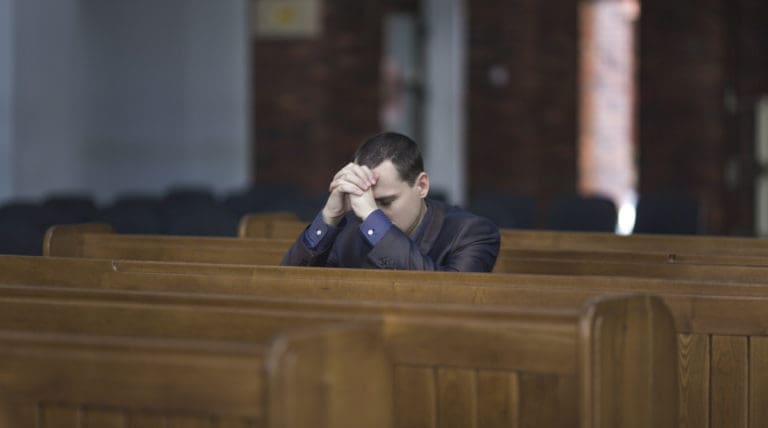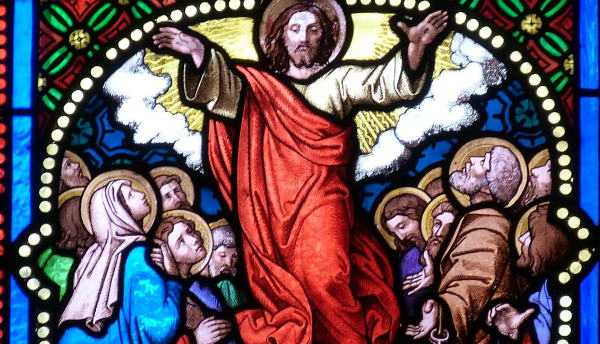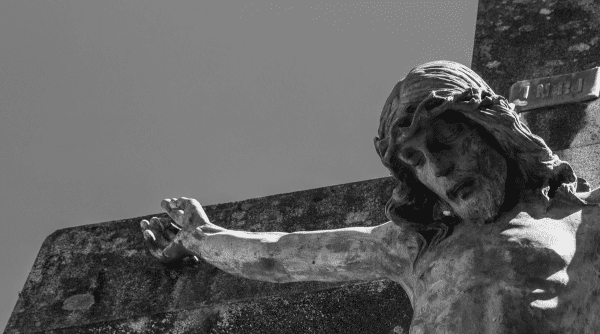
Let the Little Ones Come to Me: Jesus for Children of All Ages
Imagine the thrill and wonder in the hearts of children as they witness the divine power of Jesus — in the astonished leper, his rags falling to the ground as he touches his smooth face; in the deaf man turning his head toward birdsong; in the bent, crippled woman unfurling to full stature, rejoicing! Through












